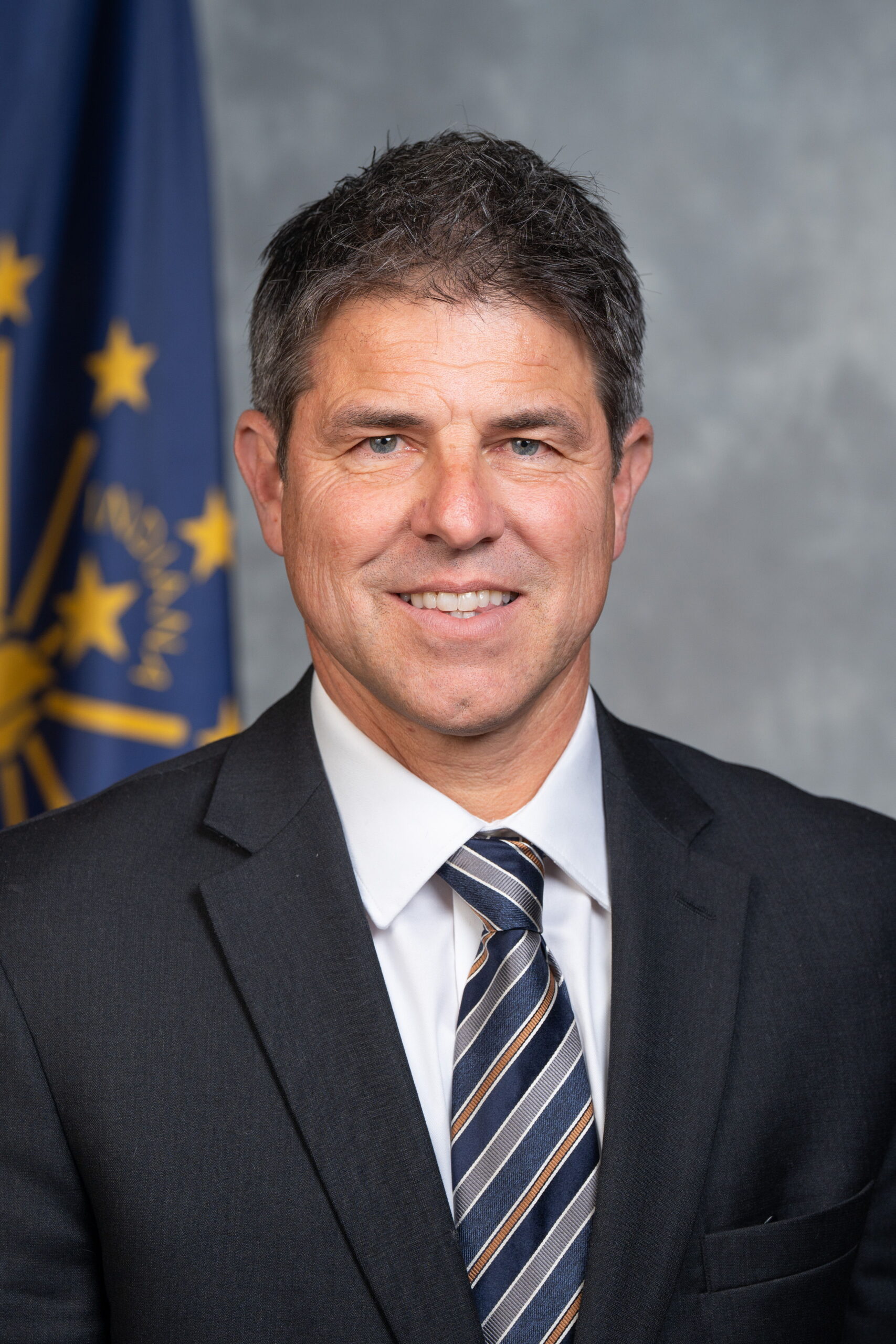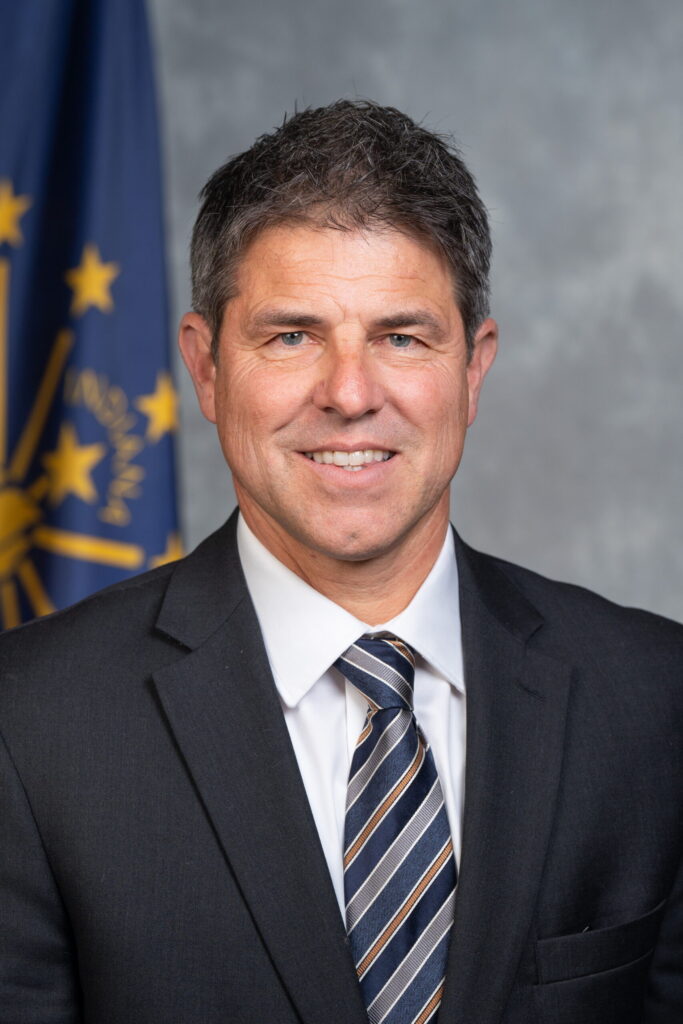Arizona Budget Deal Reached After Standoff—Here’s What Made the Final Cut

Arizona’s legislative standoff came to a head Friday as the House approved a revised state budget that trims over $100 million in spending and includes a series of conservative priorities—an outcome that Republican leaders say marks a hard-fought improvement over what was originally offered by the governor.
The updated plan comes after weeks of political back-and-forth, including two high-profile vetoes: first, of a House-backed conservative budget that emphasized restrained government and broad tax relief, and second, of a continuation budget that would have kept the state running while negotiations played out. Faced with the growing risk of a shutdown, lawmakers returned to the table and brokered a deal.
Speaker of the House Steve Montenegro said his chamber chose to stay engaged and fight for a better outcome. “We’ve stood firm all session—pushing for a budget that prioritizes public safety, school choice, lower costs, and government accountability,” he said. “This revised package isn’t what we originally passed, but it’s far better than what was on the table weeks ago. We held the line, improved the bill, and protected the priorities of our voters.”
Among the provisions secured in the final agreement are significant spending reductions compared to the version negotiated between the Senate and the governor, investments in public safety—including pay increases for state troopers—modernization of government fleets, full funding for the state’s prison system, and infrastructure upgrades to key corridors like I-10 and State Route 347. The plan also preserves school choice programs and permanently exempts 100% disabled, low-income veterans from property taxes.
Majority Leader Michael Carbone acknowledged that the final product was not what his caucus would have written from scratch, but said it was shaped by firm negotiations. “This isn’t perfect, but the changes we secured—cutting waste, increasing transparency, and protecting core services—were necessary. We refused to simply rubber-stamp a bloated proposal. What we passed is more responsible and more aligned with what Arizonans expect.”
The budget process exposed deep divides between the House and the governor’s office, and between legislative chambers, over how to manage the state’s resources during a time of economic uncertainty and competing priorities. Throughout the session, House leaders pushed for a leaner, more targeted approach, while the governor’s office advocated for broader social and economic investments.
Democratic lawmakers, many of whom supported the governor’s initial proposal, expressed mixed reactions to the final deal. Some saw the revised budget as an unfortunate retreat from programs that would have expanded access to services and boosted education funding. Others viewed it as a pragmatic compromise to prevent a government shutdown and preserve essential operations. One lawmaker described the outcome as “not ideal, but necessary,” while another noted that the cuts were “disappointing,” particularly for those hoping to expand state services. Still, several acknowledged that the final package was an improvement over the initial House proposal and appreciated that negotiations yielded a workable, if imperfect, solution.
Throughout the debate, the overarching tension reflected Arizona’s divided government and the realities of negotiating in a political environment where no single party could fully dictate terms. In the end, the budget that passed was the product of sustained pressure, strategic concessions, and a commitment to avoiding gridlock.
“Our principles haven’t changed,” said Montenegro. “We’ve led responsibly, defended fiscal discipline, and put Arizona taxpayers first. That’s what we were elected to do—and that’s what we’ll continue to do.”
The budget now heads to the governor’s desk for final approval, bringing to a close one of the more contentious budget cycles in recent memory—and setting the tone for continued friction, and cooperation, in the months ahead.
RECENT










BE THE FIRST TO KNOW
More Content By
Think American News Staff











